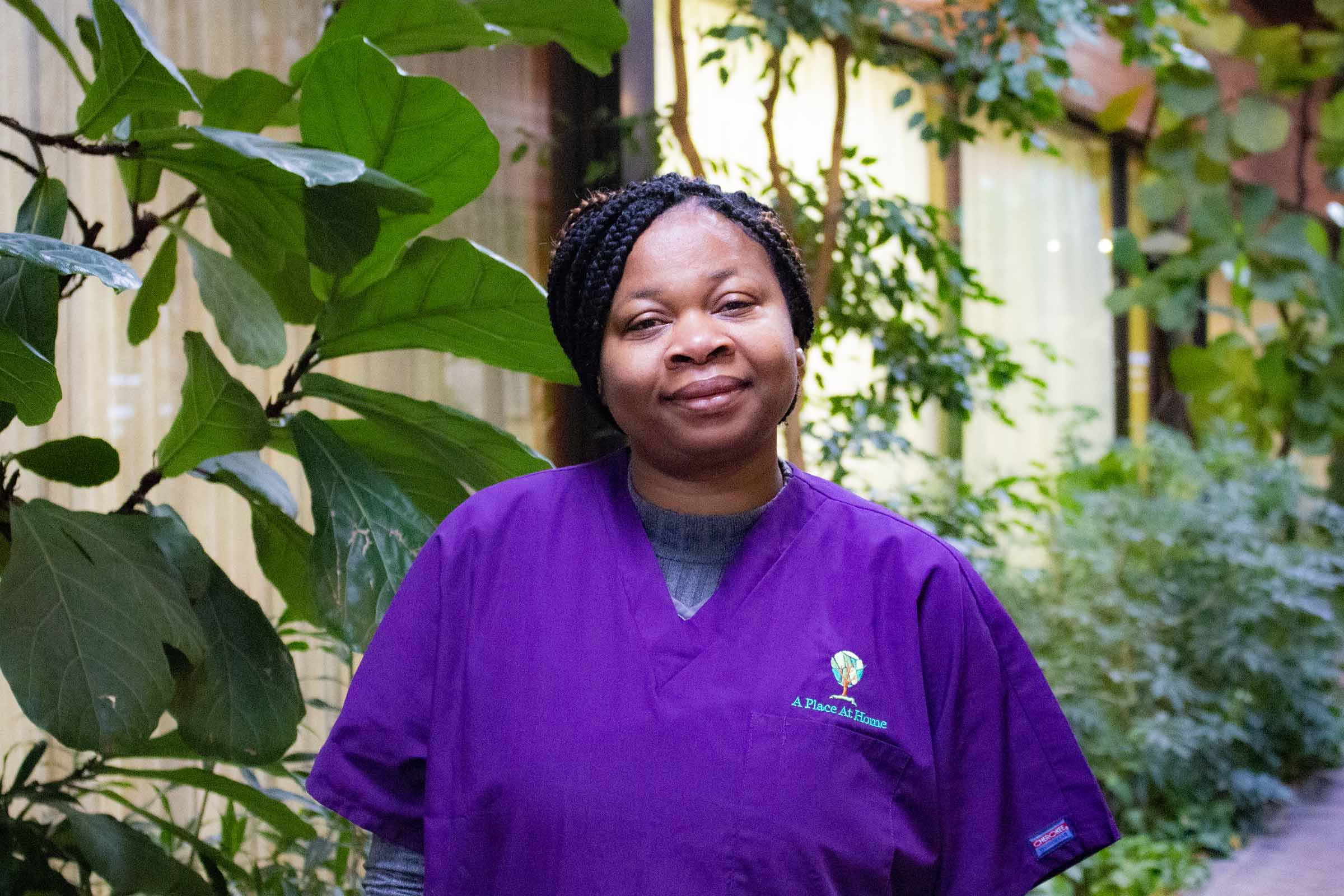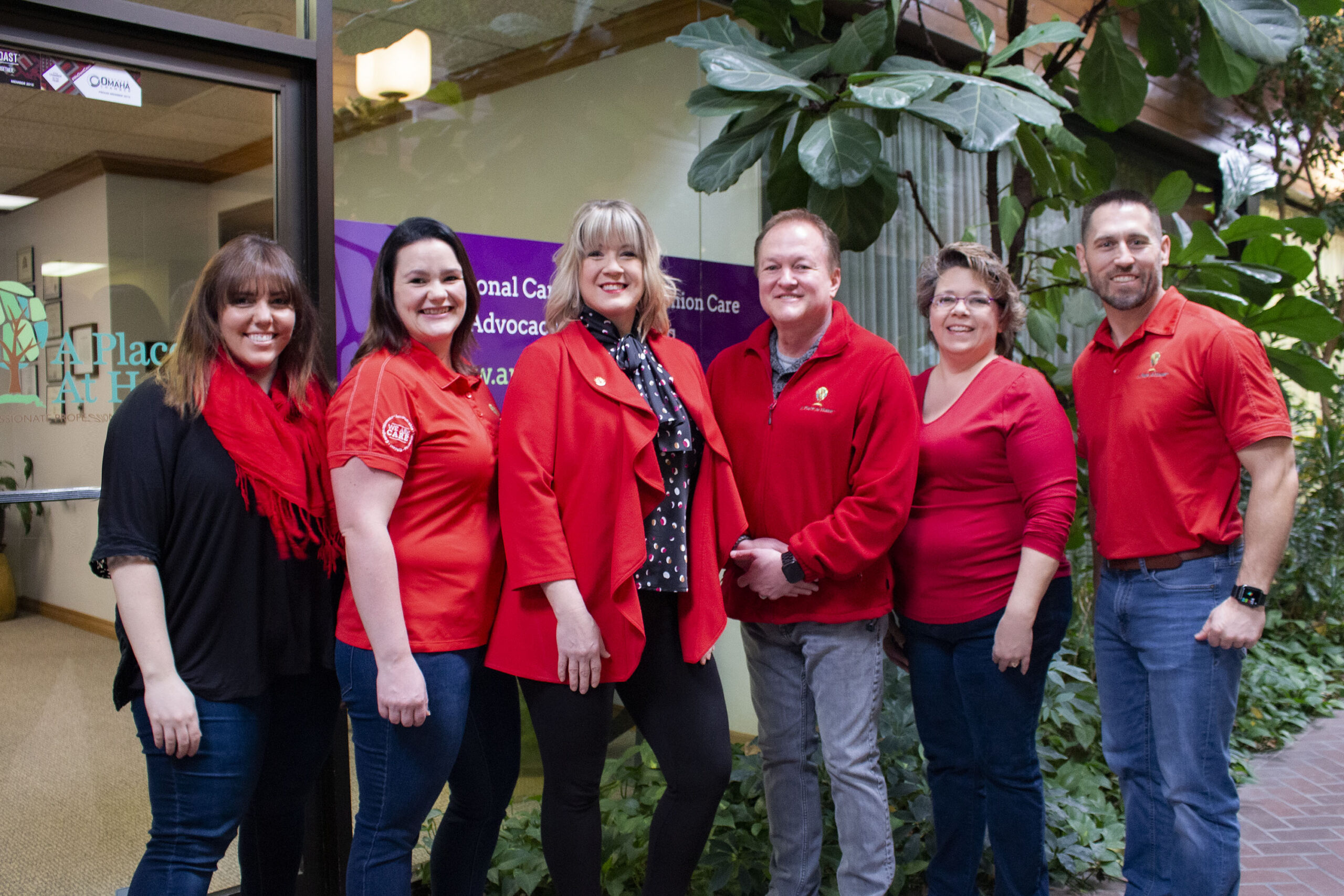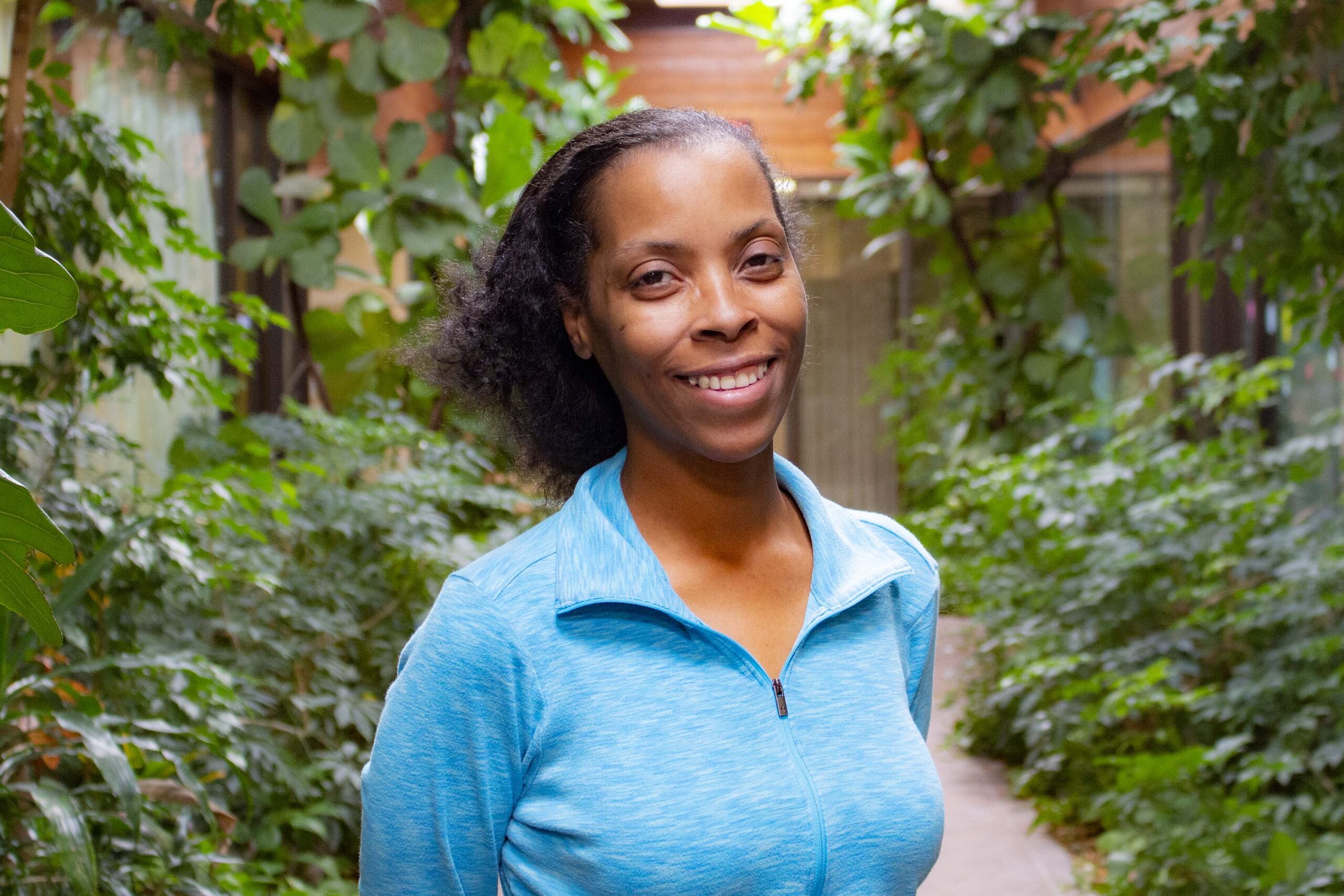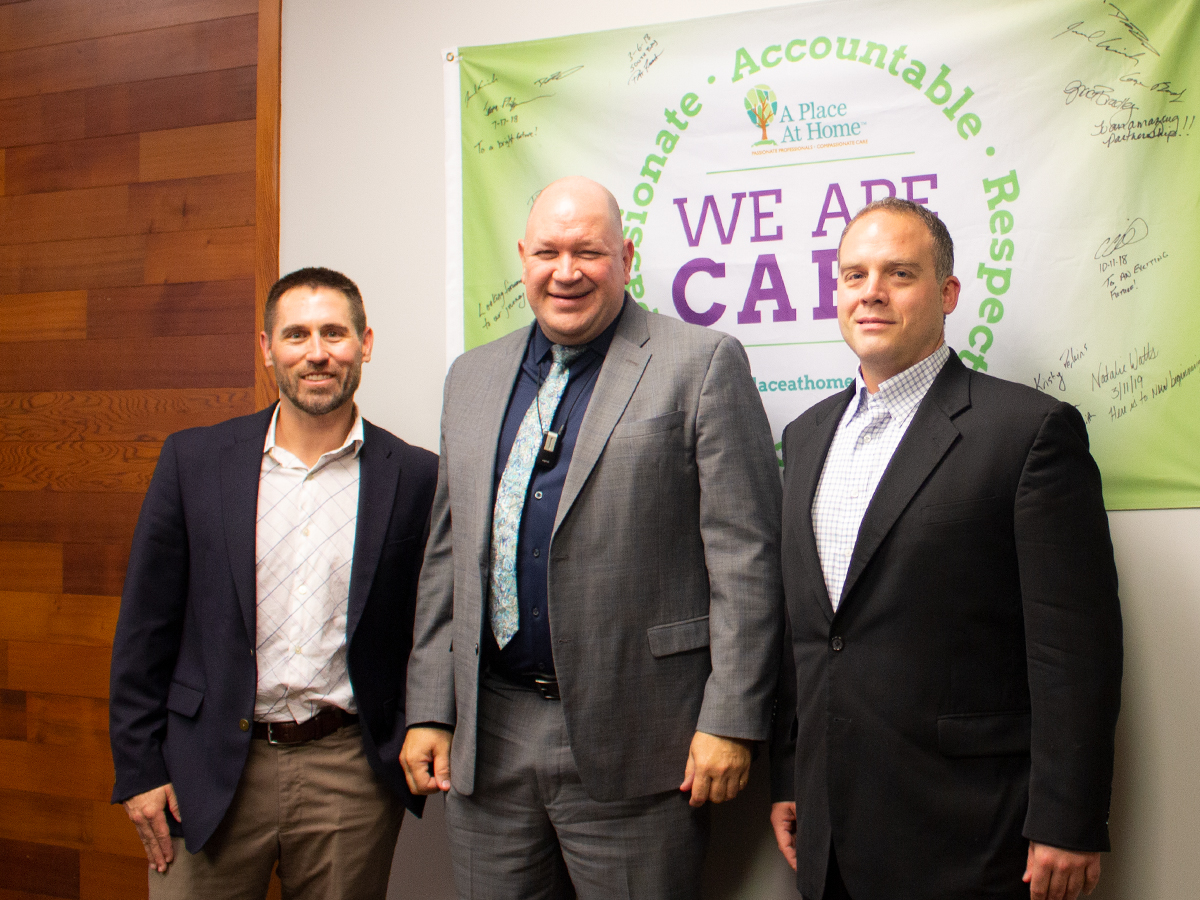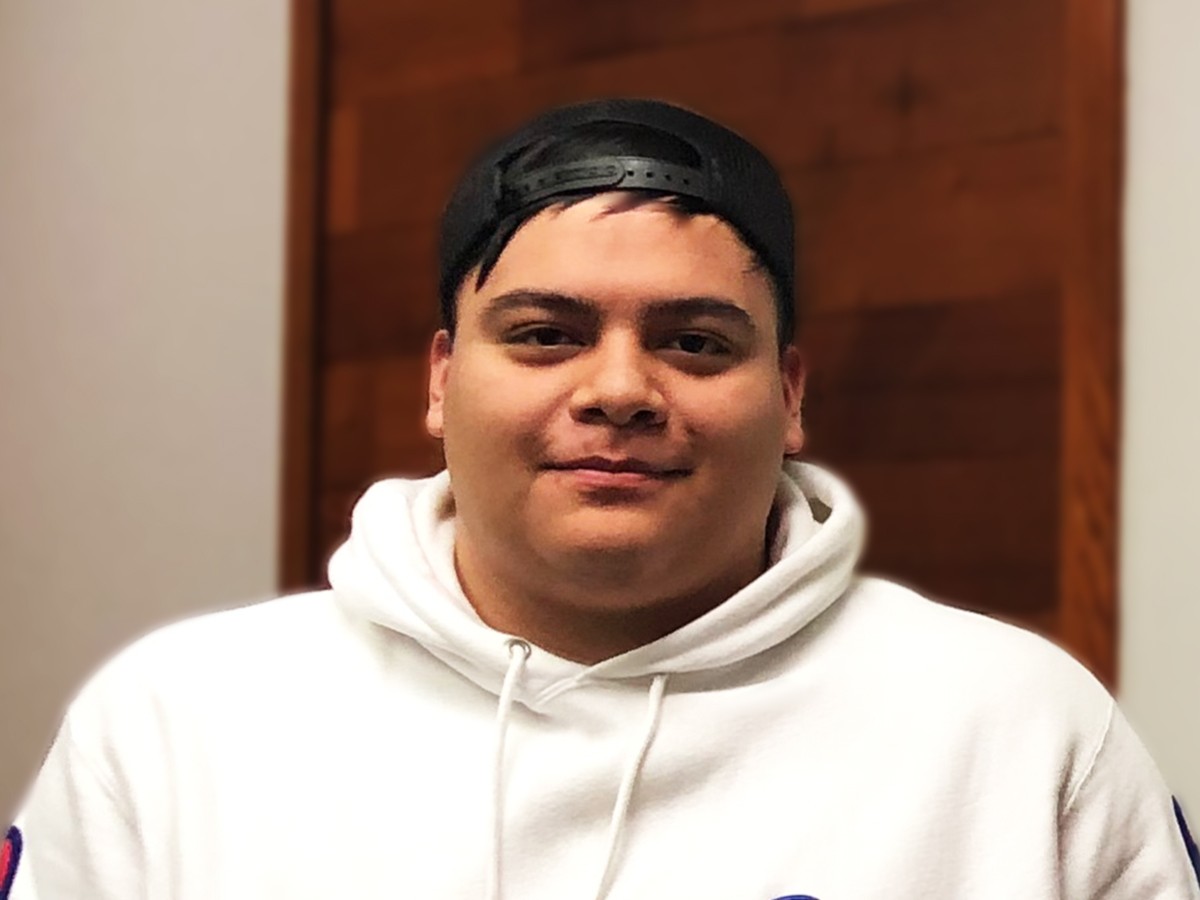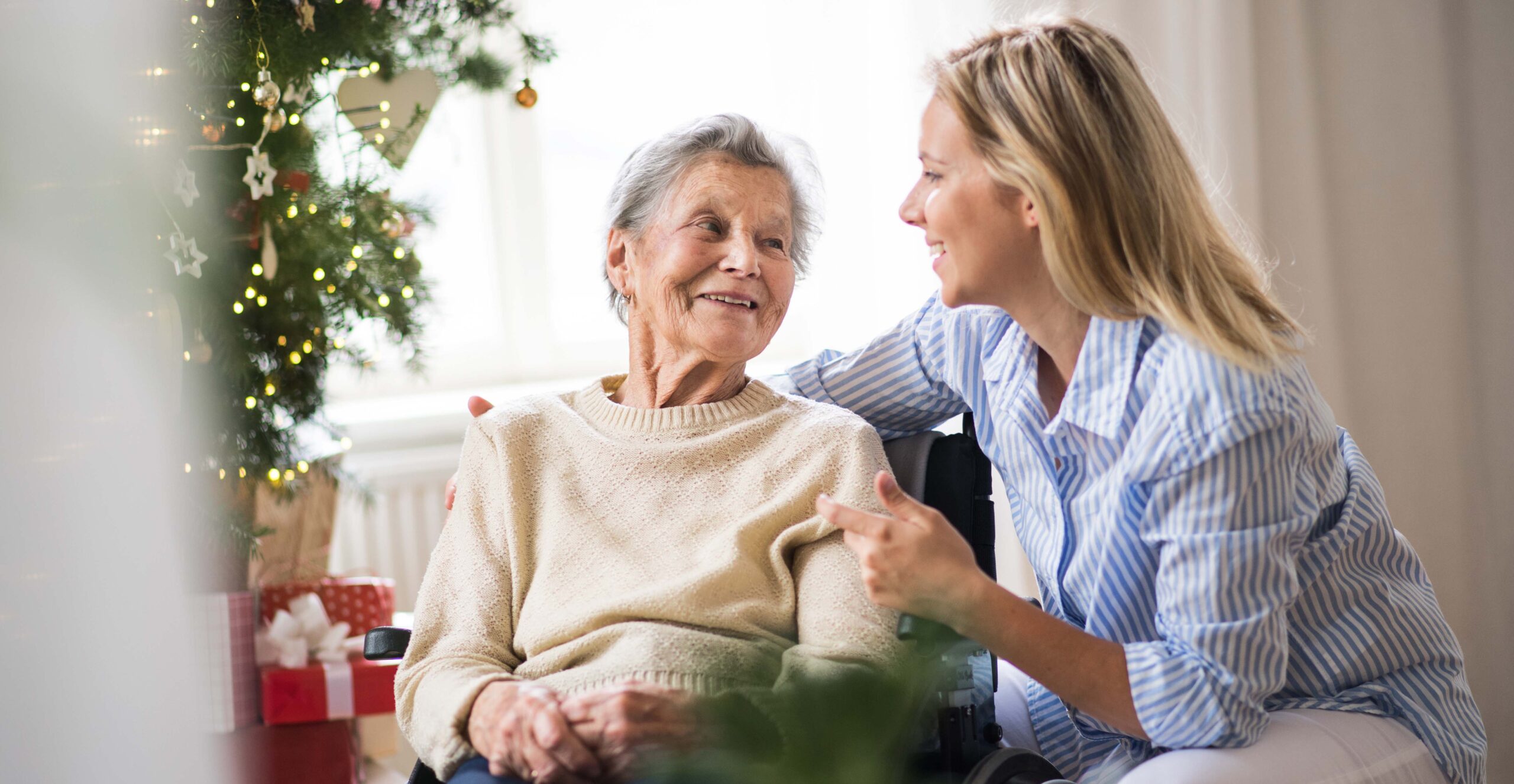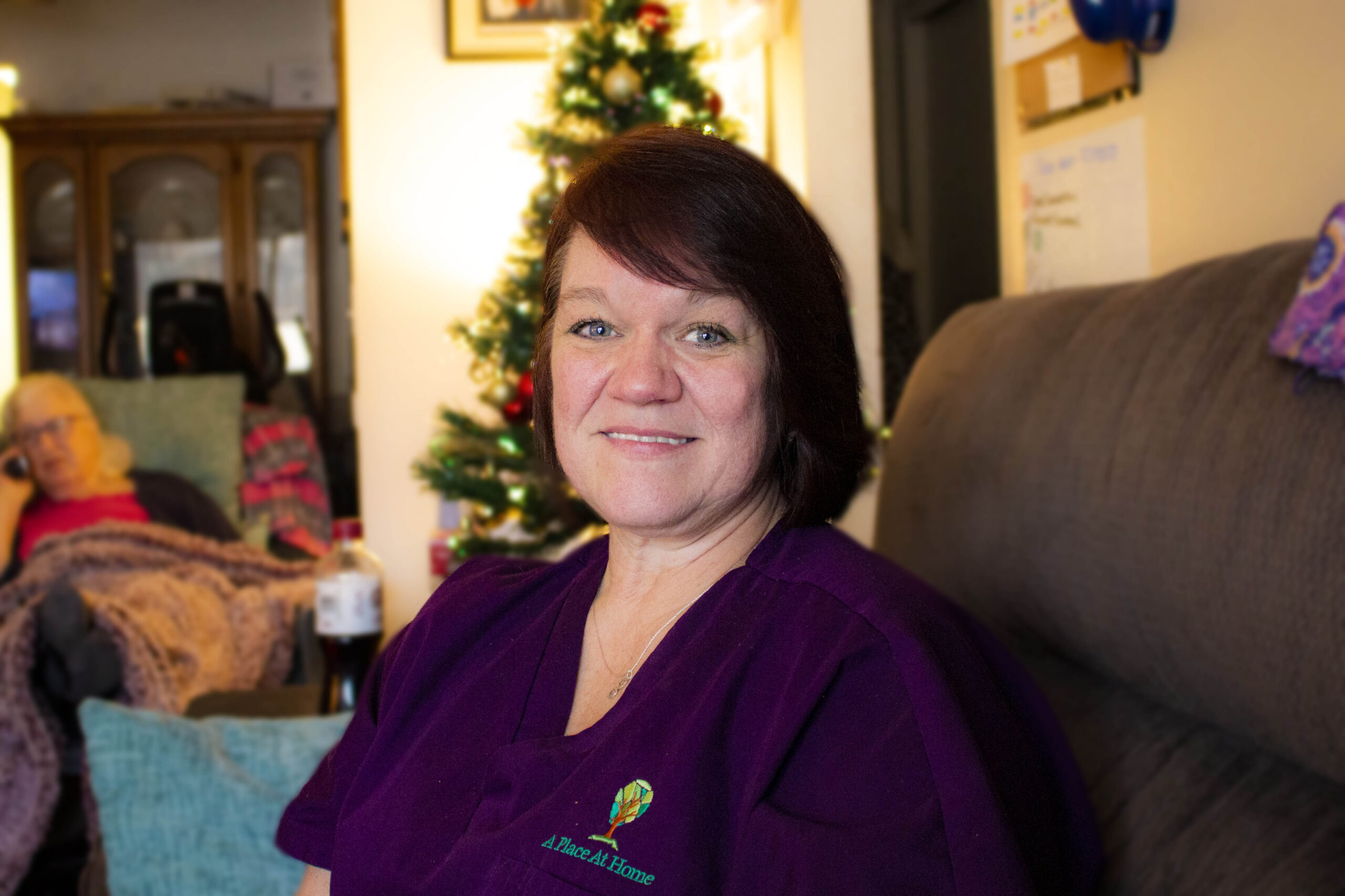A Place At Home has awarded a new franchise in Orlando. Stephen Sherbin and Nicky Sherbin are the new owners that will help fulfill A Place At Home’s larger strategy to help seniors age with dignity through personalized care.
The Population Reference Bureau predicts that by 2060 close to 100 million Americans will be aged 65 and older. Only 3 percent of the elderly prefer nursing homes. The remainder chooses in-home care support. There is, therefore, a corresponding growing demand for quality in-home care services which led A Place At Home to franchise it’s successful model.
A Place At Home is set to serve over 22 areas in Orlando, Florida, from Bay Hill to Pine Castle and Pine Hills through the stewardship of Stephen Sherbin & Nicky Sherbin. The owners have extensive experience in healthcare. They will be operating from a centrally located office at Hoffner Center, Suite #234.
“We happily welcome Stephen and Nicky to the A Place At Home family,” said Co-Founder Dustin Distefano. “They bring vast business and care experience that embodies our spirit of CARE. We believe that they are the perfect people to help us grow and serve seniors throughout Orlando.”
About The Owners
Stephen is the president-elect of the Florida Hearing Society. He has 18 years of executive-level experience in the hearing aid industry. He is also a former member of the Economic Development Council for Brevard County and a former chair of the Palm Bay Chamber of Commerce.
His business partner, Nicky Sherbin, is a Radiation Oncology Registered Nurse Manager in Winter Park. She has been providing care for those in her community for more than 25 years. Nicky was also a Spring Training nurse for the Washington Nationals, Montreal Expos, and Florida Marlins. She was also the nurse for the LPGA and helped launch the Sports Medicine Institute in Melbourne, Florida. Both she and Stephen are very experienced in handling VIP clients.
Why A Place At Home Franchise?
The senior care entrepreneurs chose A Place At Home for its new franchise model and inspiring philosophy. “A Place At Home has given us the ability to offer the complete range of services including in-home companion care and in-home private care,” said Stephen. “We have also started a referral service that transitions patients to the right assisted living facilities that can meet their needs.”
Stephen praised A Place At Home for its nurturing franchisee relations. “The agency employs its care staff in a supporting, responsible, and traditional way. Their comprehensive training program allowed us to hit the ground running.”
The US Census Bureau confirms that Florida has the highest percentage of seniors, standing at 19%. The weather, the tax system and the vibrant community of elders are the contributing factors. Stephen and Nicky have a great opportunity to make a difference in the quality of elderly care in the state.
“Having started my nursing career in hospice and home care and working in radiation oncology for the past 14 years, I have personally seen the life-changing results achieved by competent home care professionals,” says Nicky. “We are thrilled for the chance to make an impact in our local community filled with family and friends.”
Stephen adds, “Success requires passion. Our passion comes from our family that is going through the same challenges as our patients’ families. We understand the strong need to provide high-quality care for those we love. We also understand the feeling of being trapped by having to work but wanting to be a caring son or daughter. Providing solutions to those problems through our new franchise is incredibly rewarding.”
About A Place At Home
A Place At Home aims to be agile to the dynamics of the aging process through the provision of personalized services tuned to the unique and changing needs of each patient. The service model is dubbed C.A.R.E, which stands for Compassionate, Accountable, Respectful, and Ethical. A Place At Home helps seniors stay at home for longer with support and a degree of independence they desire. When the patients must move to senior care facilities, free placement services are offered.
Visit www.aplaceathome.com to learn more about the services we offer and www.aplaceathomefranchise.com to learn about franchising opportunities.
CONTACT:
Jerod Evanich, MBA Co-Founder and Head of Development
O: 888-502-6310 x 101
F: 402-281-0738
E: jerod.evanich(at)aplaceathome(dot)com

